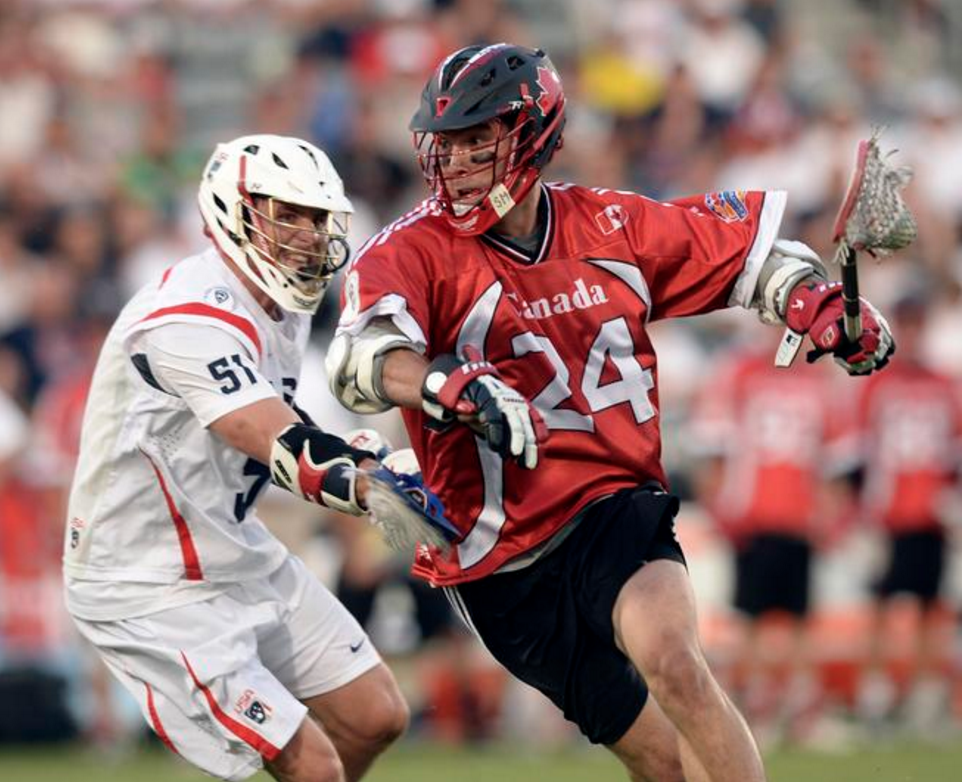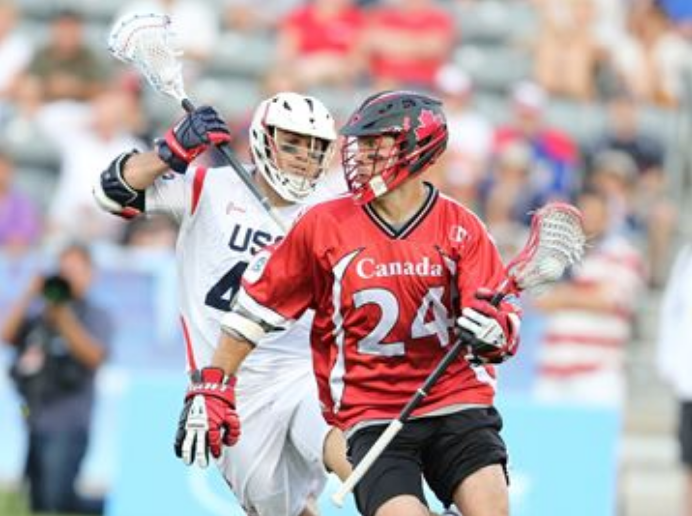 Sometimes, it’s okay to break the status quo.
Sometimes, it’s okay to break the status quo.
Lacrosse has been my sport since I could walk. Cliche, I know, but it’s the truth. Five years ago, my dreams became a reality as I turned pro in both Major League Lacrosse (MLL) and the National Lacrosse League (NLL). Looking back, it’s impossible not to give credit to my coaches for my achievements. And I’ve had a lot of them. Some good, some not so good (I’ll leave it at that), and some who have changed me as a person and a player and I will be forever grateful for. The one thing that differentiates the good from the bad, and really made a difference in my career, are the ones that embraced creativity.
Fundamentals are important in lacrosse, like any sport. You need to learn the correct way to hold your stick, the correct way to pass, and the correct way to catch. These things need to be taught and practiced on a regular basis, just as a basketball player needs to be taught how to shoot or a hockey player needs to be taught how to skate. But, what I have come to learn, and firmly believe, is that the skills that are learned outside of the practice and game fields are what make good players great.
Are you the type of coach that insists your players do things a certain way?
Do you discipline or penalize players for trying new things in practices or games? Or, do you let them experiment with their playing style? Looking back, while it is instrumental to learn the basics, and learn them well — I wish more of my coaches were the latter. Some of my most memorable coaches were the ones that taught me the fundamentals but then also allowed me the freedom to get creative on the field. Take Paul and Gary Gait, two of the greatest lacrosse players of all time. At Syracuse University they were given the freedom to try plays that no one had ever seen before. No look passes? Behind the back shots? They were the exception then. Those are both becoming norms in lacrosse now.

I can’t stress enough how important it is that we embrace creativity as coaches. While yes, it’s important to focus on the fundamentals first, players must eventually be allowed to learn by their mistakes and get innovative in order to fully understand and reach their potential. It will only be when we allow players to try new things and create a style of play that is unique to them that we will see results and continue to expand and grow the game. Maybe it won’t be perfect and maybe they’ll mess up— but they’ll at least always know that they can try and that their coach will be supportive.
Sometimes, it’s okay to break the status quo and mix things up a bit.
But what is it exactly that separates the good from the great? The notable from the unforgettable? I think the best athletes and coaches of the future will also be the most creative; players who can imagine new ways to outsmart and outplay their opponent. I’ve found that the process of feeling confident in your creative ability takes you much farther than just sticking to the fundamentals. Learn to embrace each players uniqueness— not fight it.